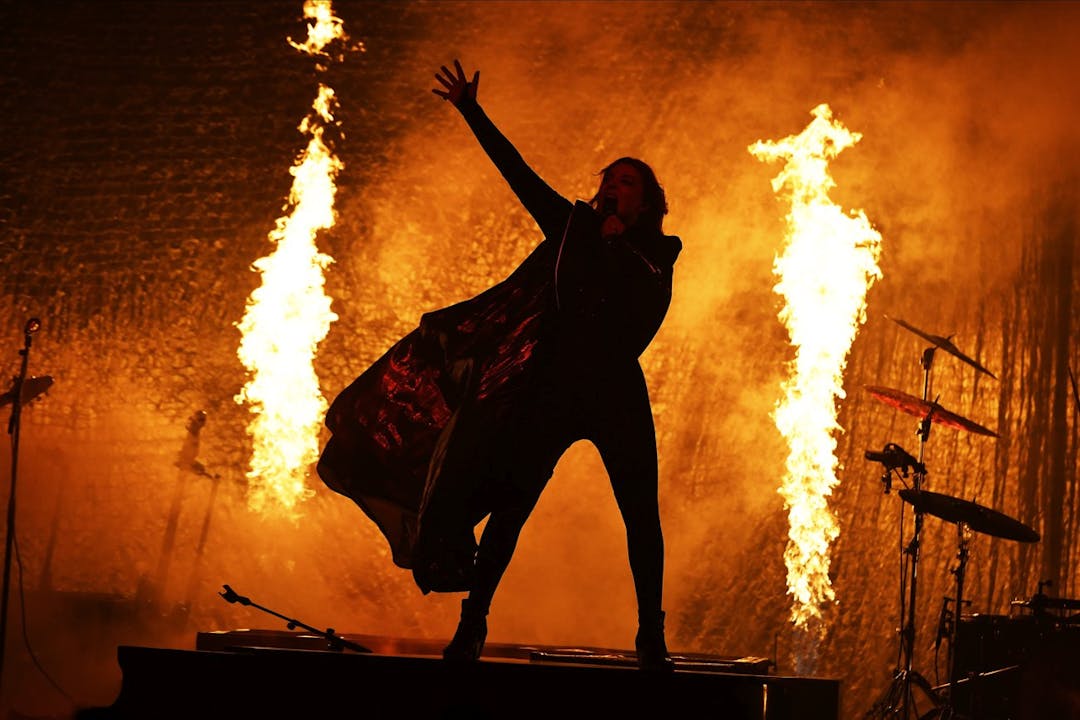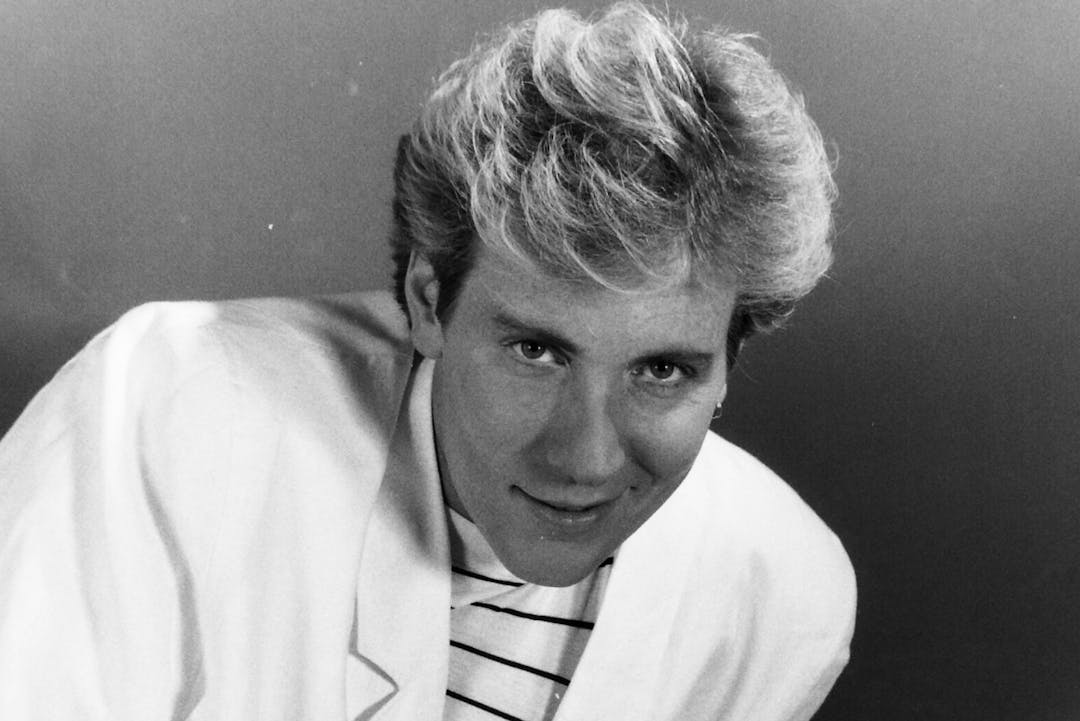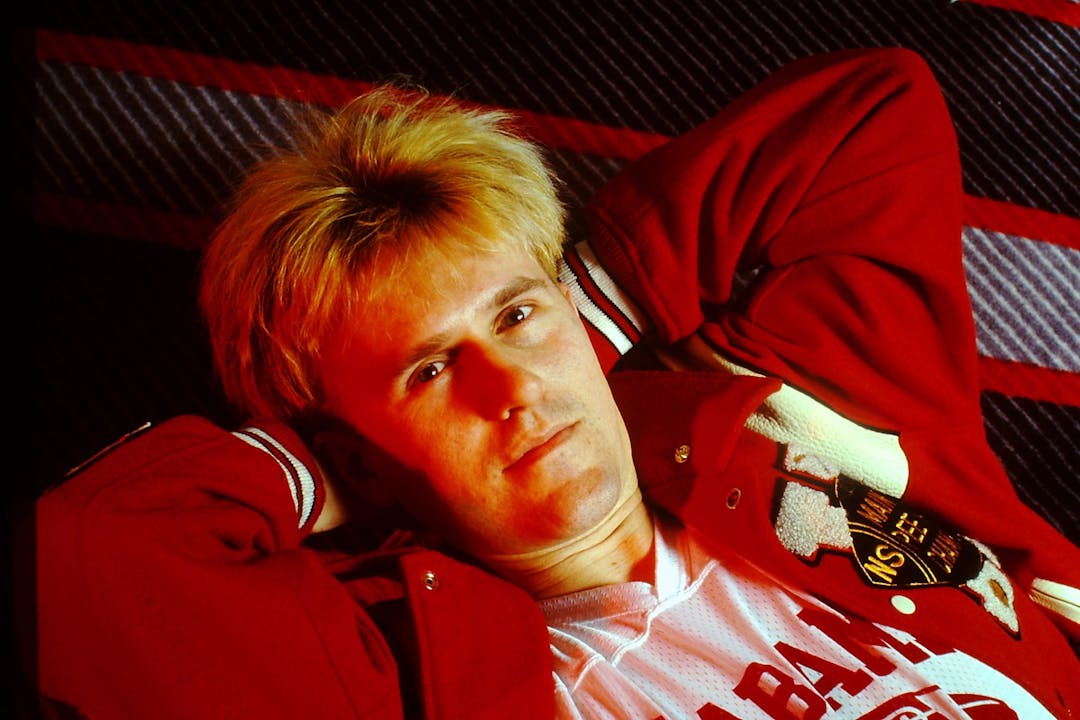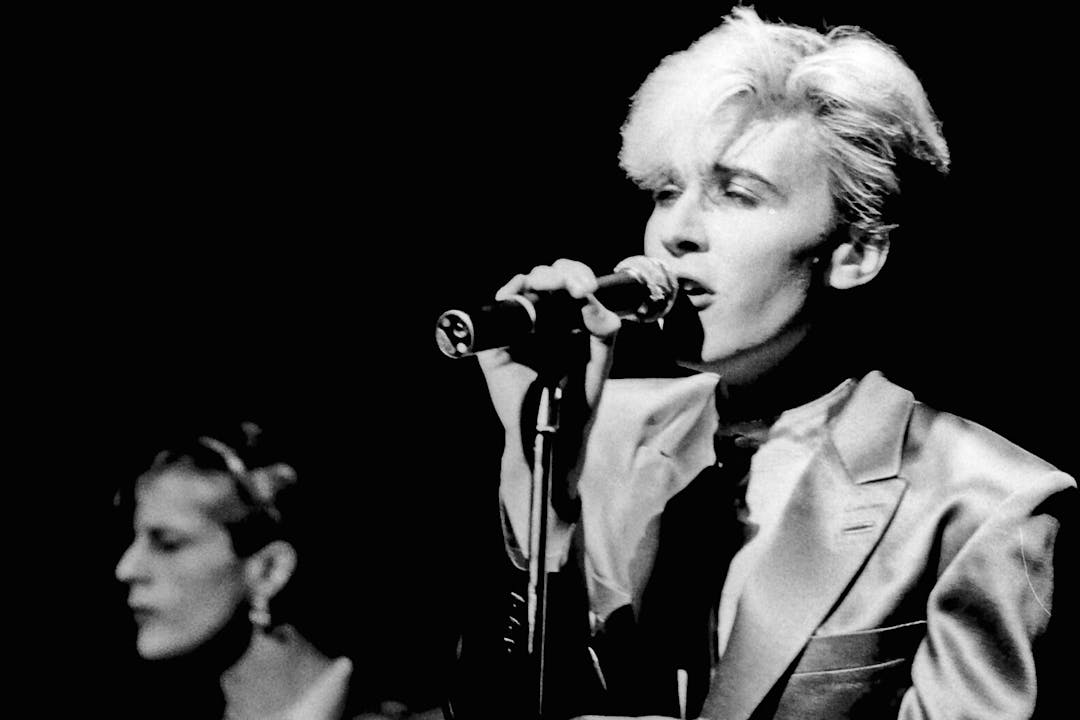
TAGTIK NEWS - TO THE POINT
Exercising on an empty stomach: Bad for your health?

It's a highly appreciated trend among morning athletes: engaging in physical activity on an empty stomach. While some claim it aids weight loss, others warn against its long-term consequences.
Exercising on an empty stomach is said to help burn more fat. This may be, by far, the most widespread belief. With no carbohydrates to draw upon, the body uses its fat reserves for energy. The reasoning stands, according to Dr Jen Roper, a sports nutritionist interviewed for Health magazine. "When glycogen is depleted, the body turns to fat as the primary energy source." Following this principle, fasted cardio has significantly increased in popularity.
However, it should be noted that study results show many nuances. According to a 2015 study, referenced by Health, the fat mass of people training on an empty stomach did decrease but, conversely, it was the cortisol, the stress hormone, level that increased. A factor that could hinder long-term weight loss, notes the site Ça m’intéresse.
What are the consequences, for which profiles?
If you are healthy, exercising on an empty stomach poses no danger in itself, experts confirm. However, it may lead to some side effects: "As blood sugar drops during fasted cardio sessions, you may experience side effects, including dizziness and light-headedness," notes Dr Roper. In cases of prolonged effort, fainting is not out of the question. In the long term, exercising on an empty stomach can impact physical performance and even contribute to muscle breakdown. If glucose reserves are insufficient, the body may produce energy by tapping into muscle proteins, through what is known as gluconeogenesis. This process can lead to muscle wasting if dietary intake is not adequate, mentions Ça m’intéresse. Therefore, it's essential to consume enough protein after exertion.
For those who suffer from hypoglycaemia or have type 2 diabetes, consulting a doctor is highly recommended before choosing this method. Additionally, children and teenagers are not ideal for this type of practice: they have higher energy needs, which are linked to their growth.
Training on an empty stomach, yes, but under certain conditions.
(MH with Raphaël Liset - Source: Ça m’intéresse - Illustration: ©Unsplash)
LATEST NEWS

Born on February 26: Sandie Shaw, the barefoot English singer

Née un 24 février: Santa, nouvelle star de la chanson française

Born on February 24: Plastic Bertrand, in the hearts of an entire generation.

Born on February 23: Howard Jones, the artist who electrified the 80s

Born on February 23: is David Sylvian still dreaming of Japan?

Born on February 21: Steve Wynn still at the helm of his Dream Syndicate
Quick links